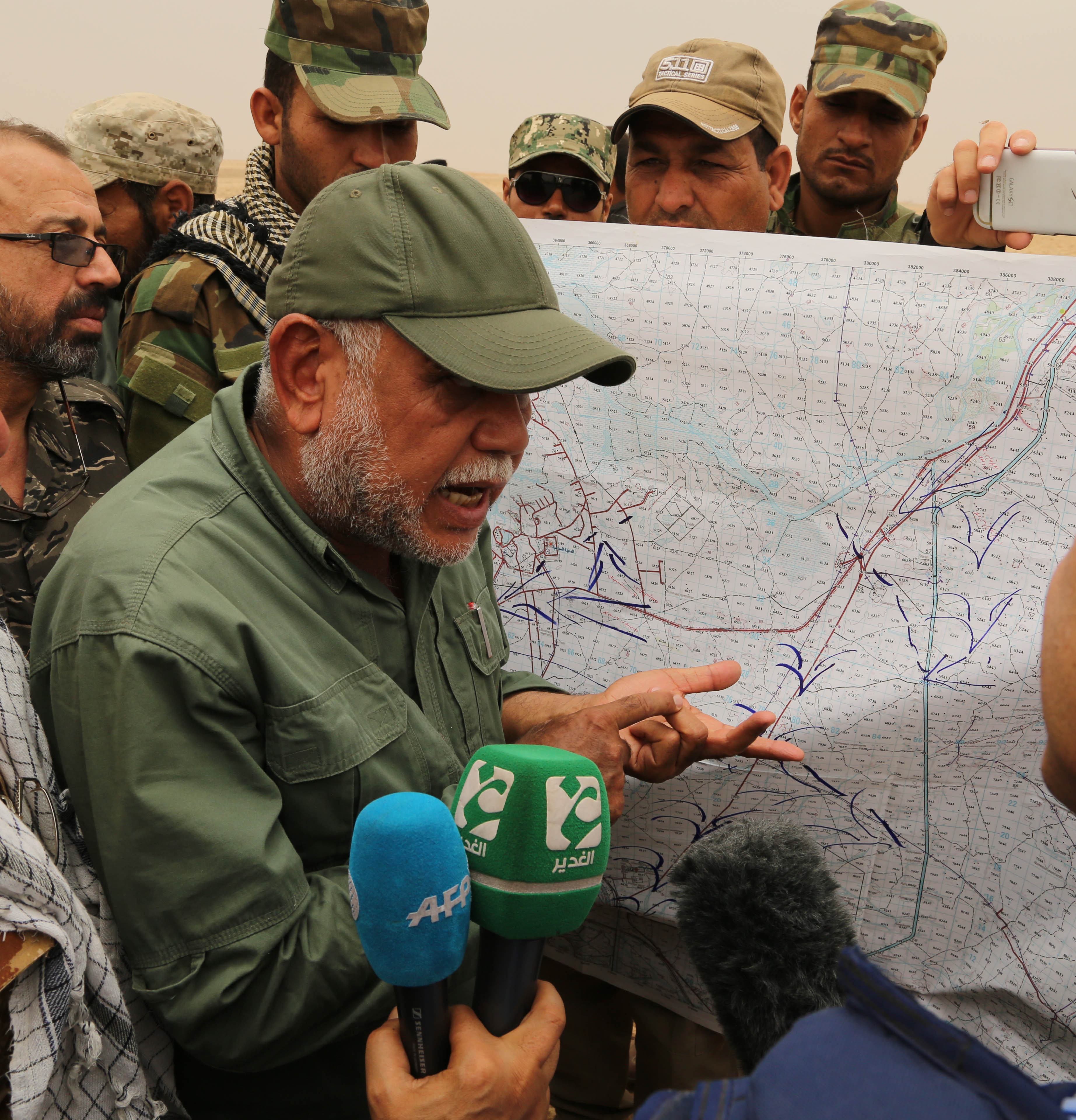Ramadi operation: U.S. and international coalition to reexamine IS strategy
Iraq’s plan to recapture the western city of Ramadi from Islamic State jihadists will dominate a meeting Tuesday in Paris of foreign ministers from the international coalition fighting the group, a senior U.S. official said. In the wake of the damaging defeat in Ramadi in May, Iraqi Prime Minister Haider al-Abadi will outline how his government intends to retake it and what coalition partners can do to help. A huge IS suicide bomb attack on an Iraqi police base killed at least 37 people Monday, further slowing an operation to retake the city. IS fighters have in the past year also seized a formidable arsenal of military vehicles, weapons and ammunition from retreating Iraqi forces.
This will take a long, long, long time to challenge and overcome the underlying ideology that supports IS. Fragmenting the organization should be much easier than destroying the underlying ideology.
British Foreign Secretary Philip Hammond
Meanwhile, Western government warnings about the dangers of joining the Islamic State have barely dented the rate of departures. Those who have lived unhappily under IS rarely offer a competing narrative, in mortal fear of retaliation. Islamic State recruits skew young. In France, the West’s largest source of extremists heading to Iraq and Syria, they average in their mid-20s, with female recruits tending to be even younger. Whatever they are looking for, the Islamic State promises: Shariah law, a deeper purpose in life, a fight against a dictator, aid work, automatic weapons, pathological violence for those so inclined.
They are able to reach and find out what is important to these people, what motivates these people, and then they create an ability to fill that need, initially through the social media, Internet.
Air Force Gen. Philip Breedlove, NATO’s supreme allied commander for Europe

World Islamic State